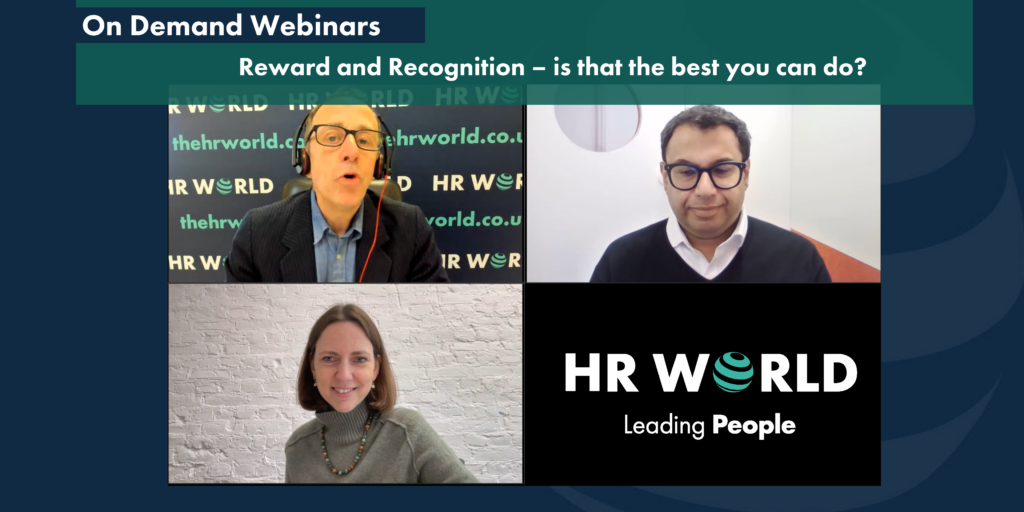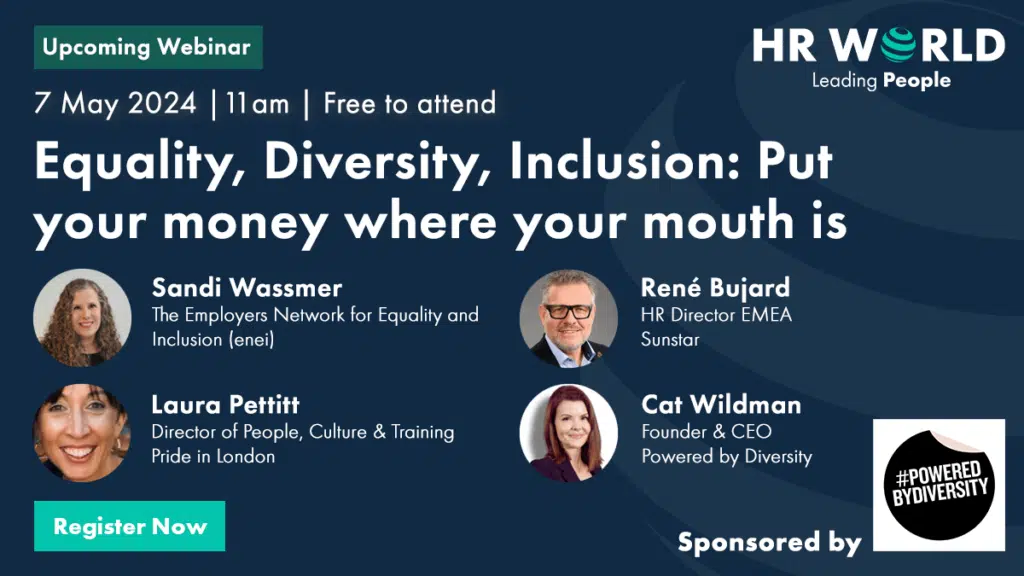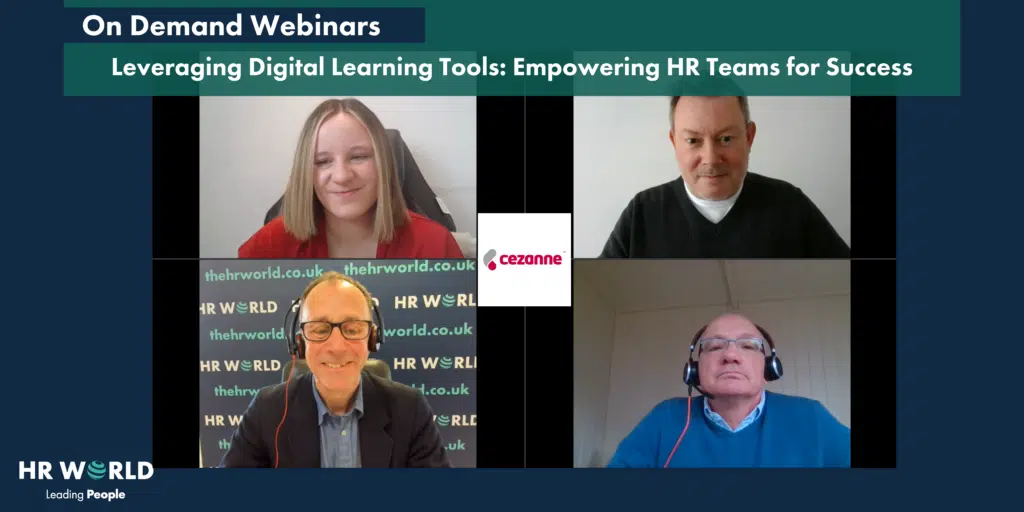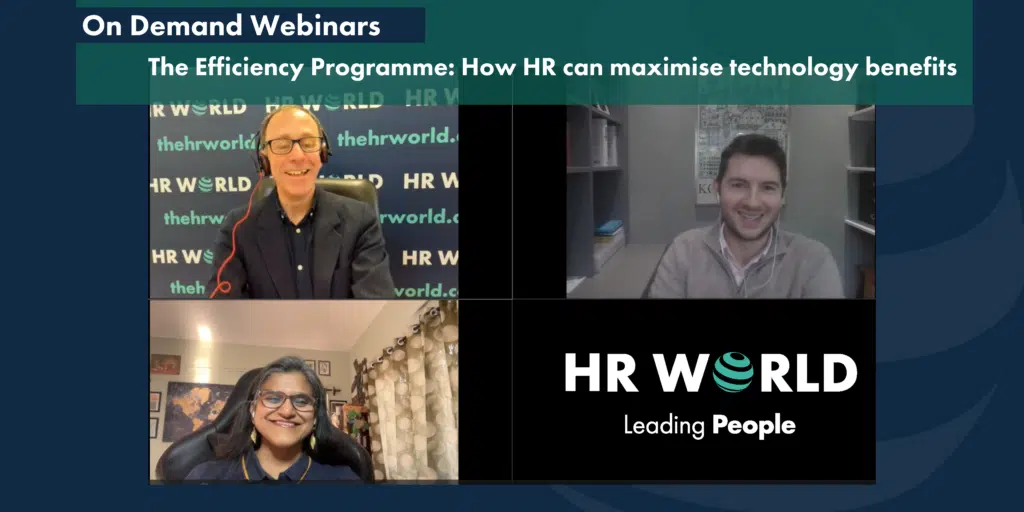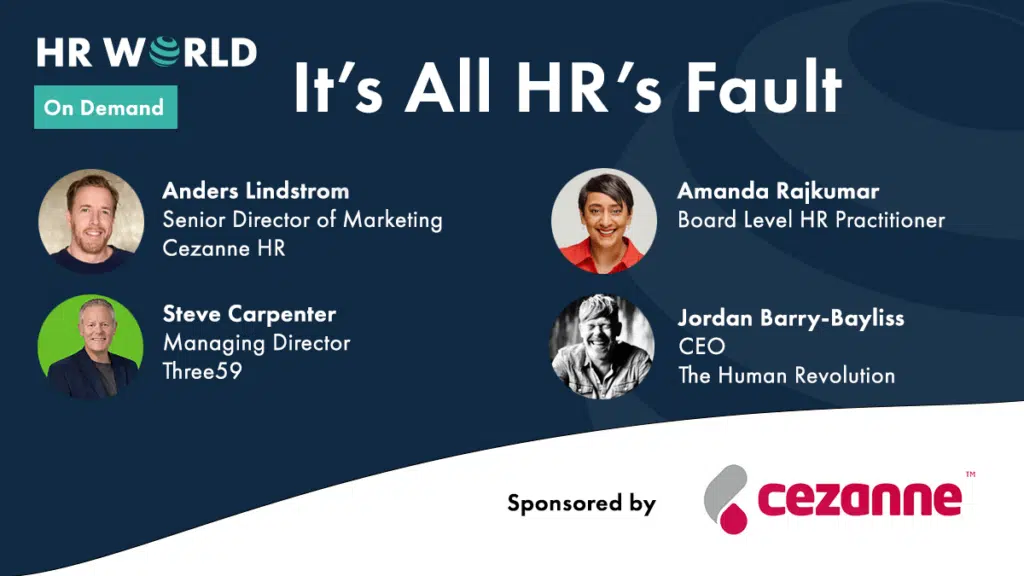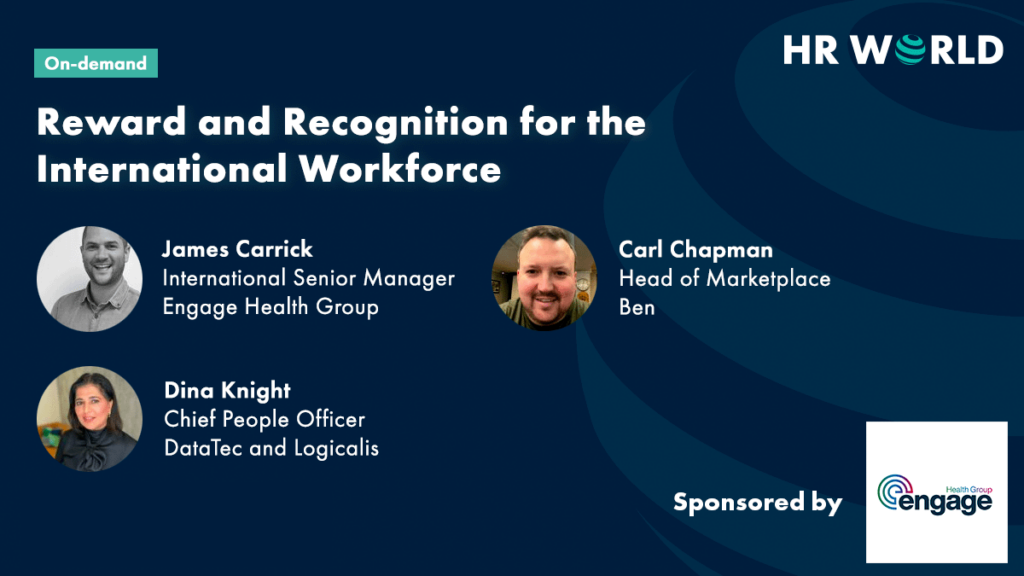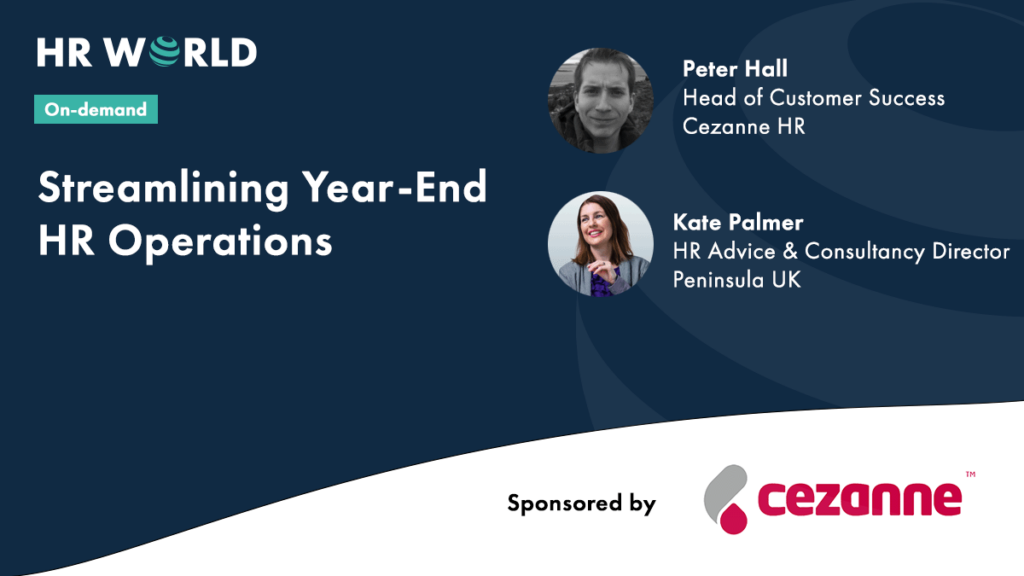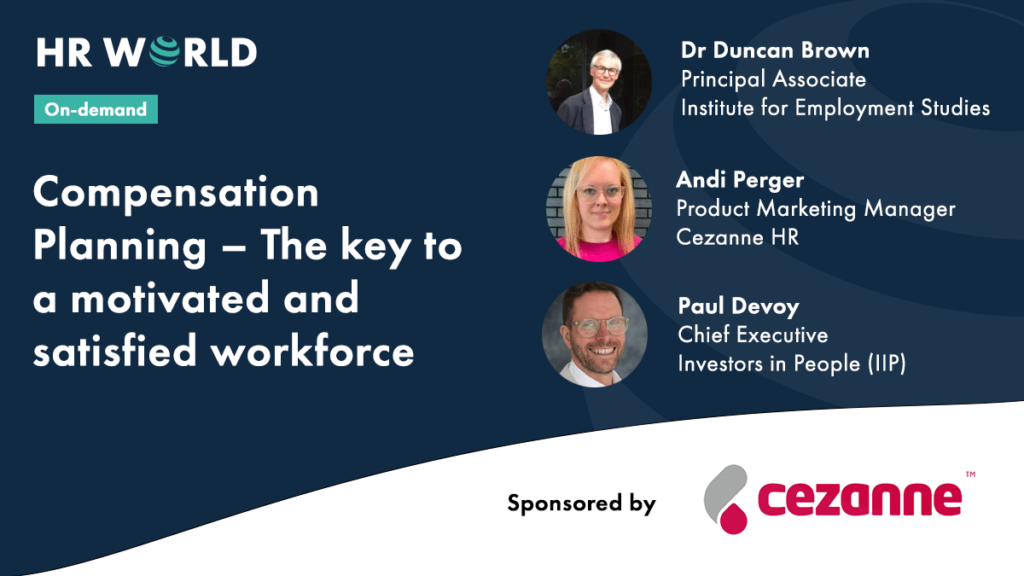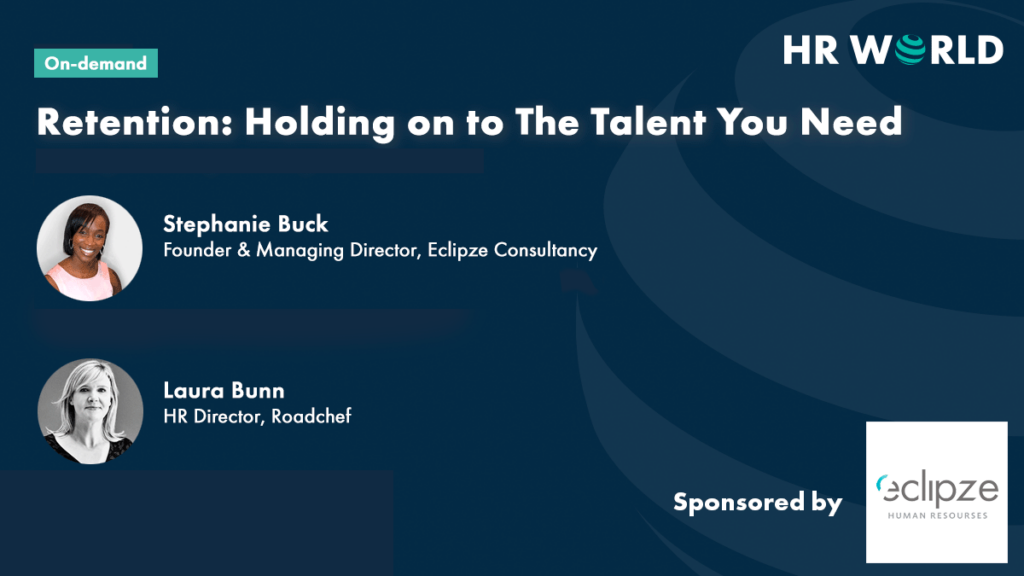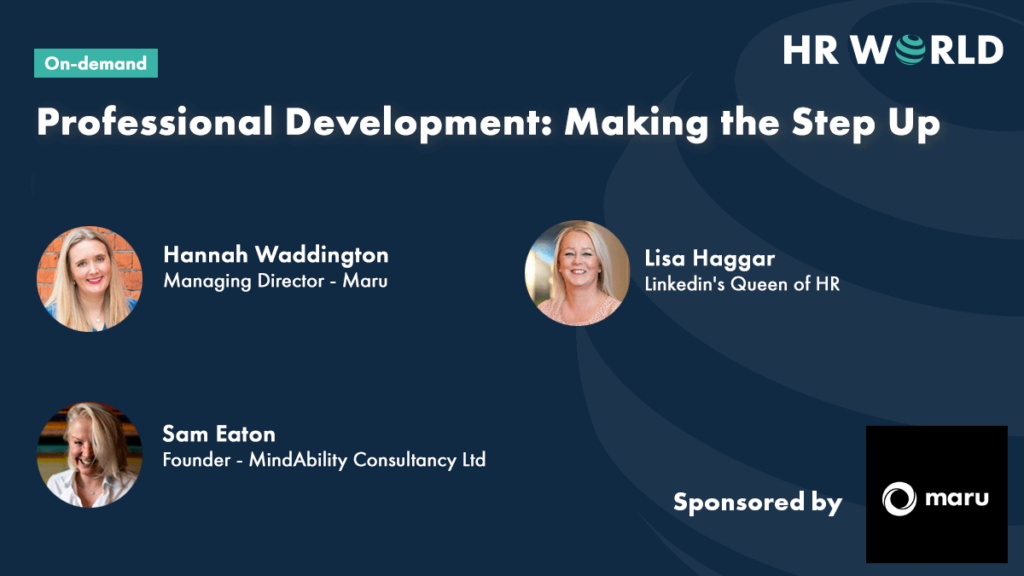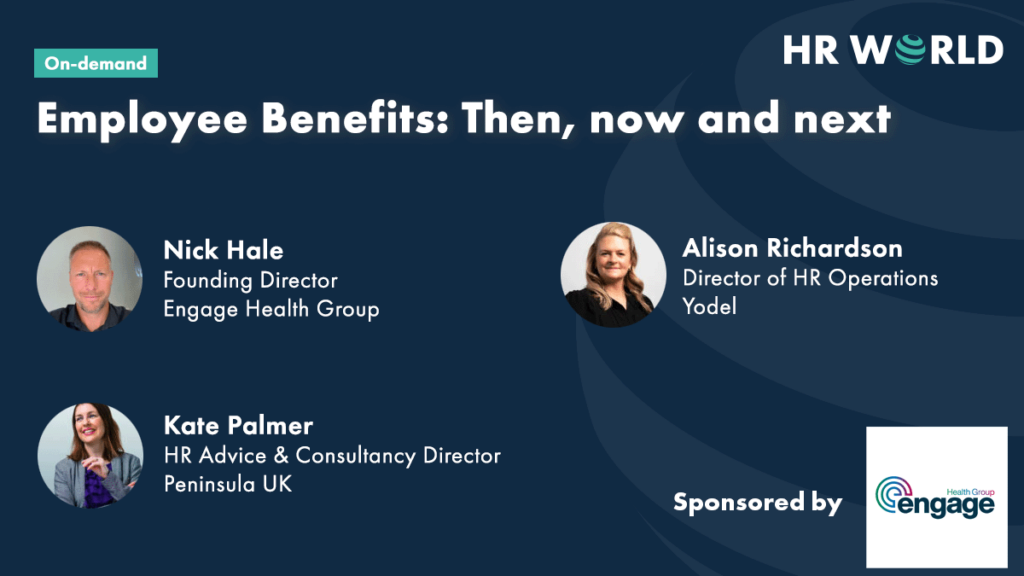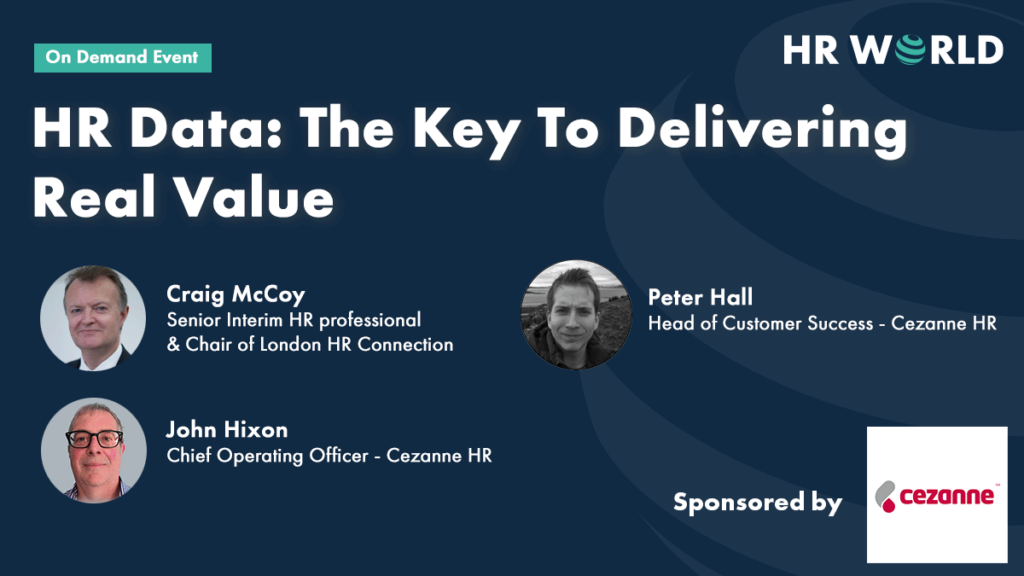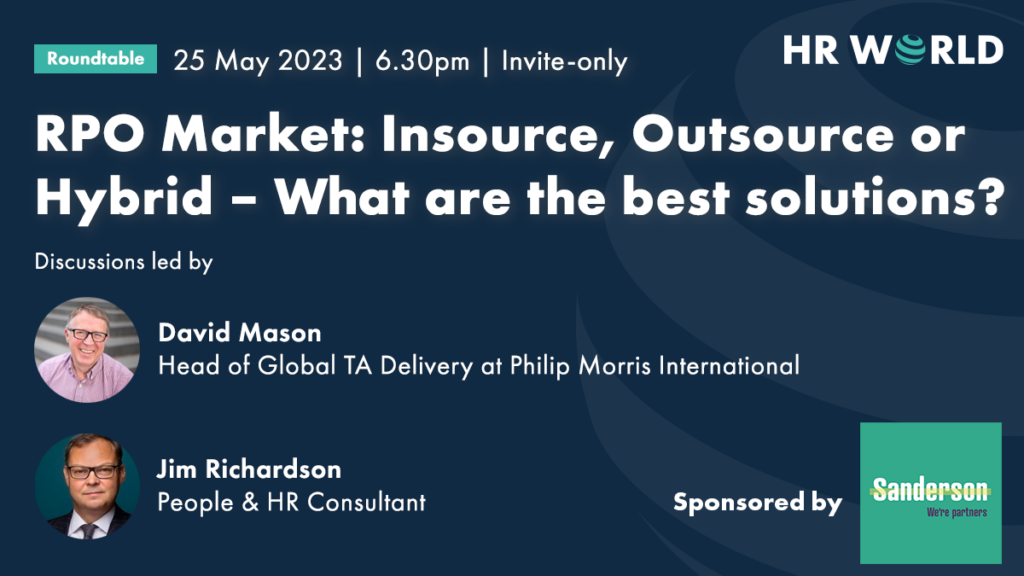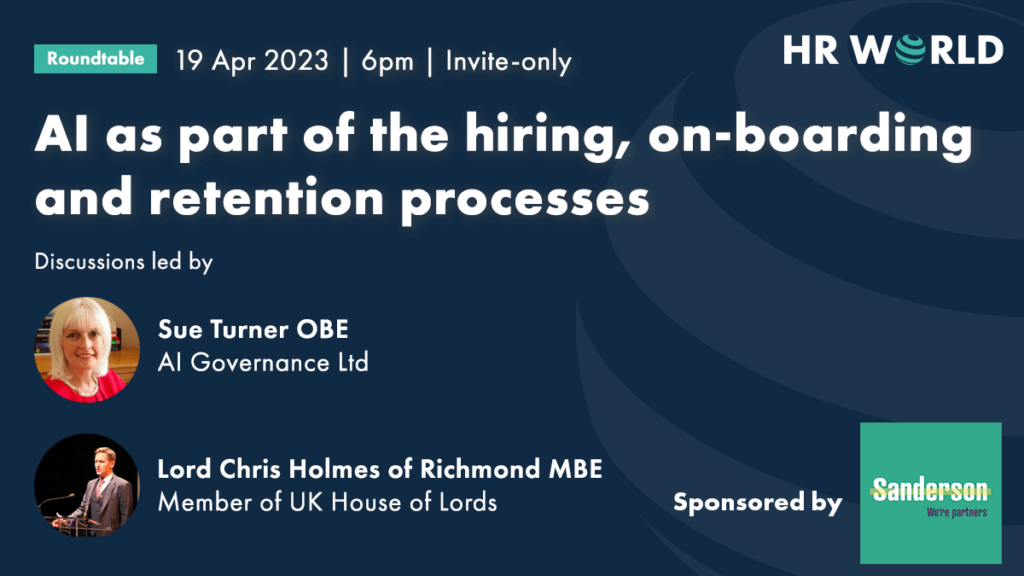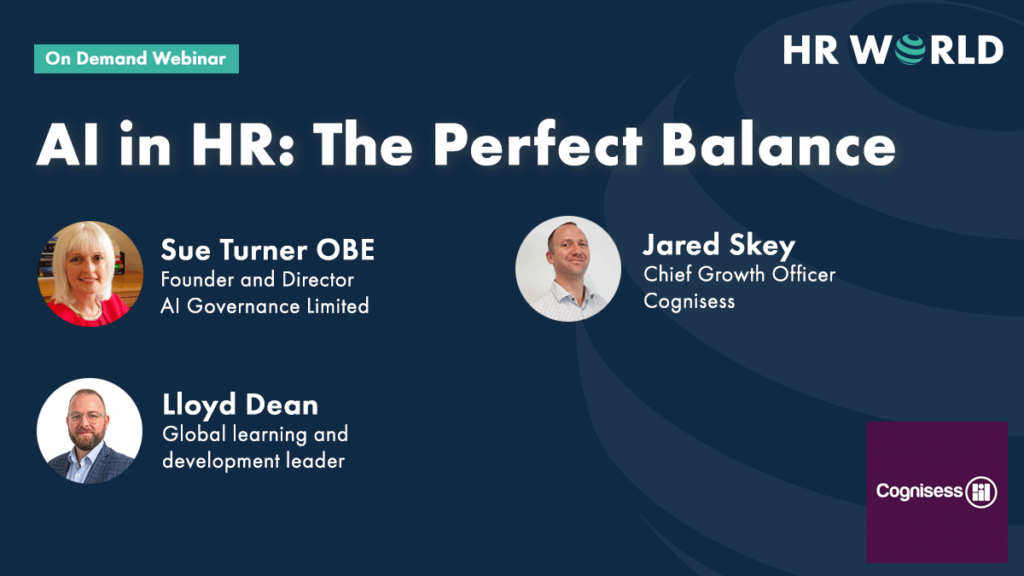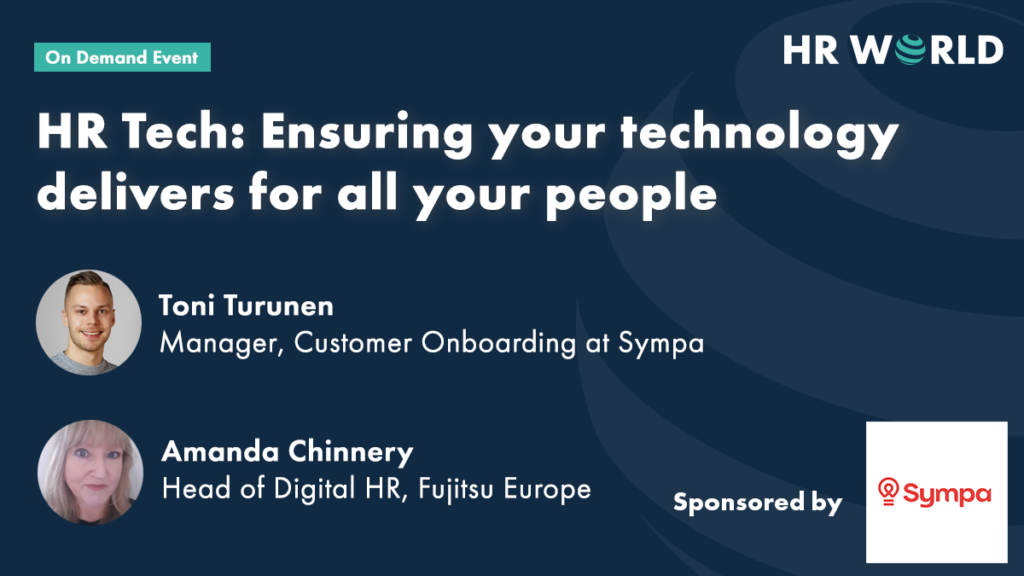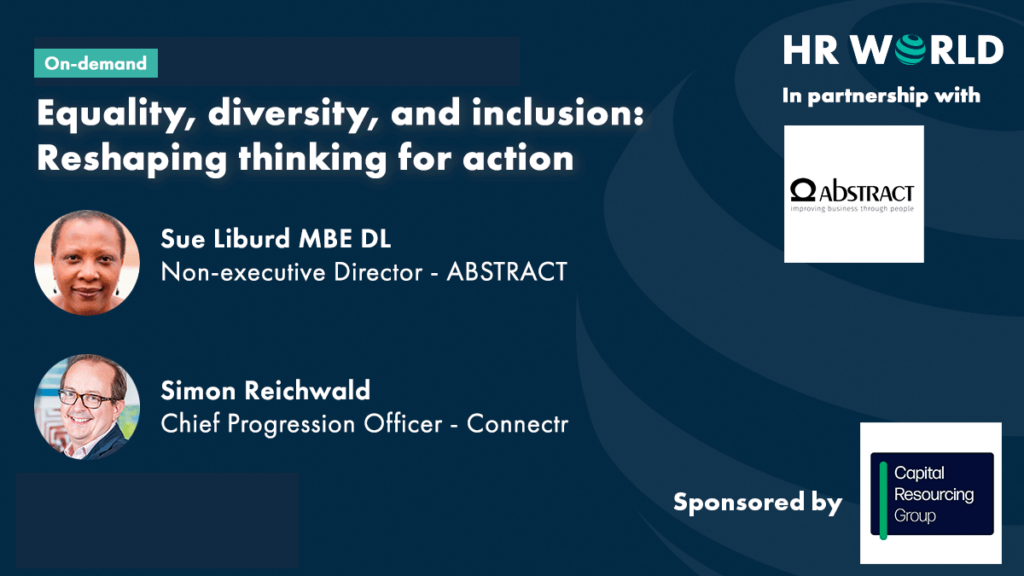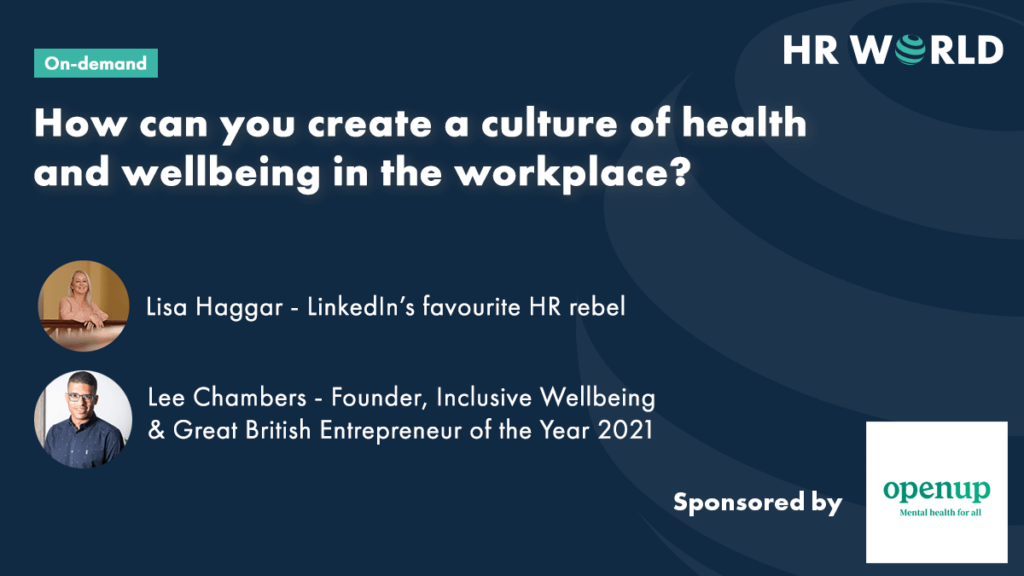Home » Knowledge Hub » Equality, Diversity and Inclusion » How DE&I can thrive in the world of Early Talent
How DE&I can thrive in the world of Early Talent
13 March 2023 Equality, Diversity and Inclusion

Story by
Simon Reichwald Chief Progression Officer, Connectr

DE&I has been for some years a key focus for employers, both hiring more diverse talent and also ensuring equity of progression for all diverse talent (new and existing) so all talent is maximised.
We know that 93% of employers have a target for gender balance hiring and 73% have targets to recruit more ethnically diverse hires, and social mobility is growing fast too.
Declines and reneges are one of the biggest pains in the world of Early Talent right now, with 26% of graduate offers and 29% of apprentice offers being declined or reneged, and this is all the more painful when they are diverse talent.
Whilst it is true that employers are getting better at attracting more diverse talent they are still not seeing it consistently in their hires. Research is also clear that there is huge inequity of progression when it comes to diverse talent, for example for those who work in Financial Services who come from a lower socio-economic background, their career progression is 25% slower and if they also identify as being from Black Heritage it is 32% slower.
DE&I also very much matters for students when it comes to employers they want to work for. A company’s values, commitment to ESG and ED&I comes just second to the job role, on career related content they want to see.
So for those employers who are successfully hiring and progressing more diverse talent, what are they doing that works?
Doing what works
Targeting of universities, schools and colleges with a higher percentage of diverse students, tailored marketing communications and collateral are all arguably pretty obvious, the real winners are those firms who do more.
That ‘more’ includes:
– peer to peer insights, i.e. giving students access to existing apprentice and graduate employees within the organisation to ask questions and find out what it is really like to work there, and ideally whenever the students want to ask; plus ensuring those employees come from a diverse range of backgrounds
– providing support at each stage of the recruitment journey to level the playing field and maximise conversion rates of under-represented talent, which also drives down costs per hire
– authentic, credible insights into the organisation, through engaging content and events (online or in person)
We are seeing those students who are supported in this way being between 12 and 22 times more likely to be offered a job but also firms are providing clear, authentic evidence to candidates that as an employer they embrace diversity, and support talent to succeed.
Declines and reneges of under-represented talent
What you as an employer do with this type of talent from the moment you offer a role, to day one in role, is key. The ‘yes to desk’ or preboarding time (typically 3-9 months) is arguably the most risky time in the whole process, when all the hard work done and money spent to attract and select can be undone. Asking and hoping hiring managers engage their new talent, leads to anything from a good to poor candidate experience, and almost certainly an inconsistent one for your new starters.
So what are firms doing during that time?
First they understand that those offered roles want to feel that accepting the offer is a good decision for them, especially if they have had other offers; that they will feel a part of the organisation and can be themselves (inclusion); that they will get the training and support they know they will need, all so that when they arrive they feel prepared, confident and excited for their first day and beyond.
To achieve this the best employers (who you will be competing with for this talent) are investing in their new starters ahead of day one, by:
- giving them access to a diverse range of current graduates and apprentices in the location and part of the business where the new starter will be
- giving them more insights into the business, its culture and value (critically served up in bite sized and consumable chunks rather than huge reems of emailed documents which they are expected to wade through!)
- enabling new starters to connect with each other before they start
- run events, virtual or in person, with them as a whole or in cohorts
All this is clearly resource intensive, firms are turning to bespoke tech to enable them to both deliver it all and do so consistently for all candidates and every new starter and at scale; to provide a safe space to engage; to track trends and engagement levels of different groups (thus highlighting flight risks early) and all so that the candidates can engage with the business at times that are convenient to them.
For firms who have used tech in such a way they are seeing declines and reneges down by between 30 and 74%.
Doing more of the right actions leads to better outcomes and these kind of initiatives will help any company ensure ED&I can thrive in their Early Talent work.
Join Simon in this month’s webinar as we look at how ED&I can truly be effective. How can adjusting your thinking increase the impact of the initiatives you deliver? Perhaps most importantly we look at how you can measure the impact of ED&I within your business. If ED&I is so attractive for businesses why does it remain such a challenge for everyone?




